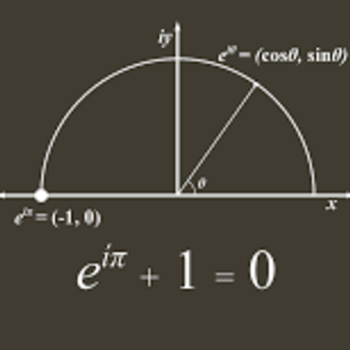How do you find two consecutive positive integers if the sum of their squares is 3445?
1 Answer
Apr 10, 2018
Explanation:
First, translate the words into an equation:
Since you know that
Via substitution, you get the new equation
Expand the second term on the left-hand side
Simplification gets you a quadratic equation
This can be factored into
By the zero product rule,
Since they are positive integers,
Because they are consecutive and
The final answer is

